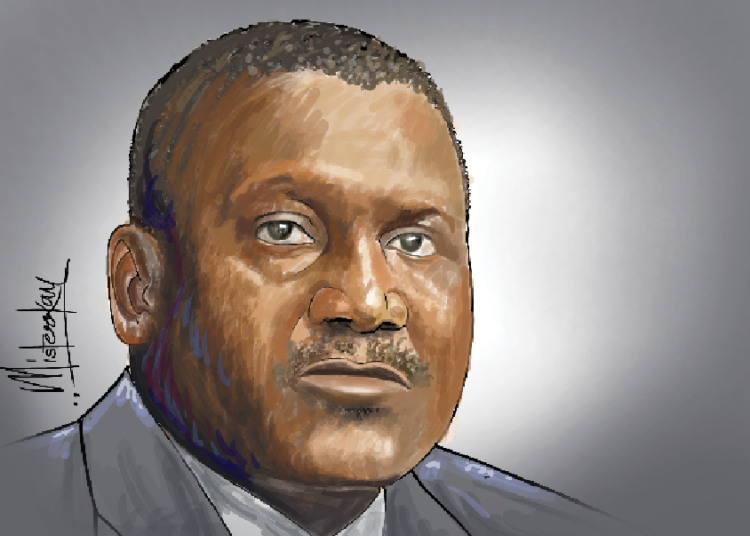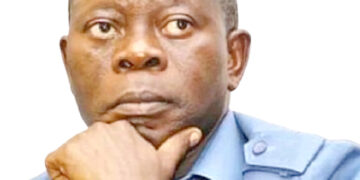The rich also cry. I have seen wealthy and successful people break down in tears and despondency. You would think that some people have everything made in their favour; the sun smiles at everything that they do. The gods are queuing to crack the rich man’s kernels lest he bites his tongue while attempting the simple task.
Until very recently, Aliko was a synonym for good luck while Dangote could be used interchangeably with the word, wealth. Every Nigerian government, military or civilian, pampered the cement mogul. The Kano lad who rose from anonymity to become Africa’s richest businessman has never failed to fascinate, not just with his famed humility but also with his ability to empathise with the lower cadres of society and fund causes designed to uplift the economically marginalised.
I do not delude myself for a minute that Aliko Dangote is a saint. That is not a quality required of businessmen. I won’t yoke any billionaire with that additional burden. But I can’t describe him as a sinner either, because I don’t have any evidence to that effect. I do, however, have evidence that the man is a patriot, all things considered. It takes somebody who loves his country to invest the bulk of his vast wealth in the country of his birth when those funds could have been working for him in more predictable capitalist climes.
Given what the billionaire has gone through since it became apparent that his petroleum refinery was coming on stream, I often wonder what we would be telling budding investors who are watching the disgraceful drama about patriotism and investing at home. If Dangote could be treated as shabbily as he has been treated (that’s the consensus among Nigerians on social media) what hope does a less connected mortal have?
Doubtful ‘Experts’
The first shock was delivered by the Nigerian National Petroleum Corporation Limited (NNPCL). Then followed other players in the industry. Suddenly, the same “experts” who had told us that most of our problems would be solved with the coming on stream of the Dangote Refinery, are now saying that Dangote is operating a monopoly. The same people who could not operate the government’s refineries successfully in spite of trillions of Naira thrown at the problem are now trying to teach Dangote how to operate his refinery and how to price his products.
I became suspicious of the sudden pretensions of patriotism by petrol retailers and their accomplices at the NNPCL who were presiding over the inflated figures of local consumption in the days of “subsidy-gate”. Now that we are likely to know the exact quantity of petroleum products locally consumed, the retailers have suddenly put on the garb of our defenders against high prices. When the going was bad, they fleeced us. Now, with a private refinery, they still want to determine the price. Dangote has 500 million litres of products sitting in the belly of his storage tanks while the retailers are mounting a strident media campaign.
With defenders like these retailers, we don’t need leeches. We may not be “experts” but we are not as dumb as some of them think we are.
My worry about the ongoing petroleum roulette is its implications for the future. If Dangote’s refinery falters on account of a perceived gang-up, you can kiss tomorrow’s potential mega investments goodbye. Already, Dangote has announced that he is no longer proceeding with an investment into steel production in Nigeria due to allegations that he is seeking to be a monopoly.
When the stories of these times are told, would it then be said that progress was stultified by the choice of the wrong scapegoat?





